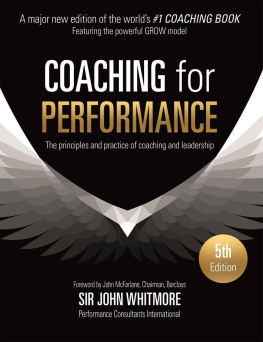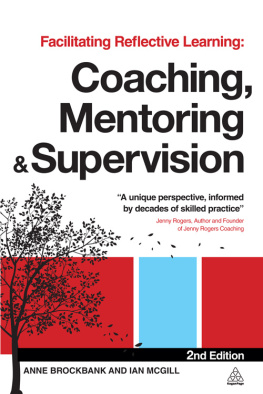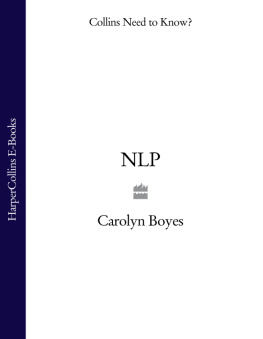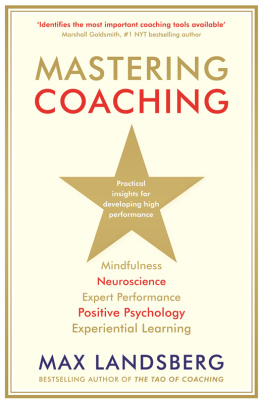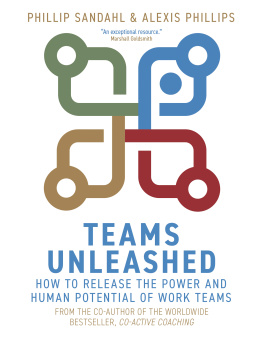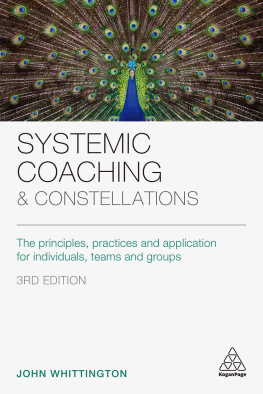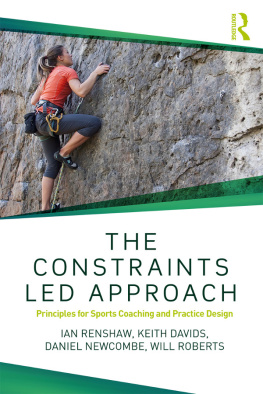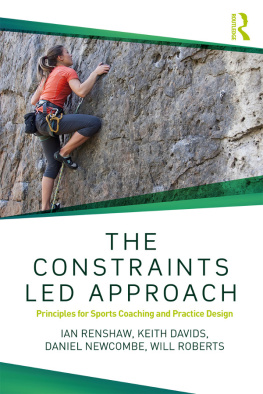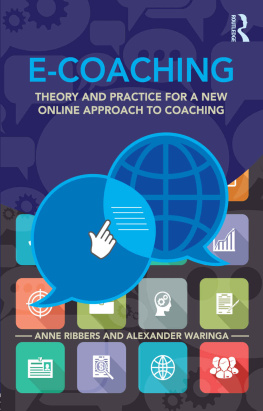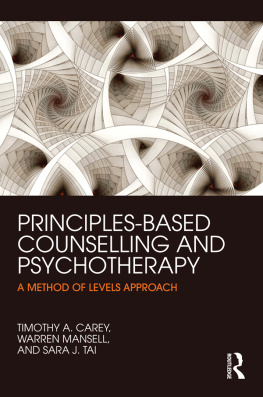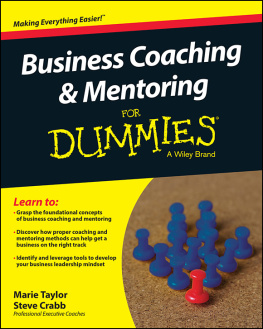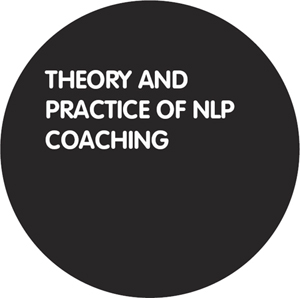
SAGE has been part of the global academic community since 1965, supporting high quality research and learning that transforms society and our understanding of individuals, groups and cultures. SAGE is the independent, innovative, natural home for authors, editors and societies who share our commitment and passion for the social sciences.
Find out more at: www.sagepublications.com

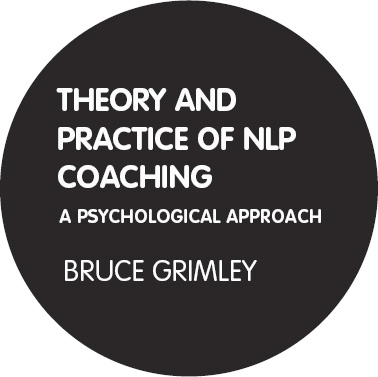


SAGE Publications Ltd
1 Olivers Yard
55 City Road
London EC1Y 1SP
SAGE Publications Inc.
2455 Teller Road
Thousand Oaks, California 91320
SAGE Publications India Pvt Ltd
B 1/I 1 Mohan Cooperative Industrial Area
Mathura Road
New Delhi 110 044
SAGE Publications Asia-Pacific Pte Ltd
3 Church Street
#10-04 Samsung Hub
Singapore 049483
Editor: Alice Oven
Assistant editor: Kate Wharton
Production editor: Rachel Burrows
Copyeditor: Gemma Marren
Proofreader: Sharon Cawood
Indexer: Avril Ehrlich
Marketing manager: Tamara Navaratnam
Cover design: Jennifer Crisp
Typeset by: C&M Digitals (P) Ltd, Chennai, India
Printed by MPG Books Group, Bodmin, Cornwall

Bruce Grimley 2013
First published 2013
Apart from any fair dealing for the purposes of research or private study, or criticism or review, as permitted under the Copyright, Designs and Patents Act, 1988, this publication may be reproduced, stored or transmitted in any form, or by any means, only with the prior permission in writing of the publishers, or in the case of reprographic reproduction, in accordance with the terms of licences issued by the Copyright Licensing Agency. Enquiries concerning reproduction outside those terms should be sent to the publishers.
Library of Congress Control Number: 2012938455
British Library Cataloguing in Publication data
A catalogue record for this book is available from the British Library
ISBN 978-1-4462-0171-8
ISBN 978-1-4462-0172-5 (pbk)
Contents
A glossary is available online at www.sagepub.co.uk/Grimley
This book is dedicated to my father, Frank, who taught me to appreciate the magnificence of NOW and to my mother, Josephine, who taught me to appreciate the magnificence of a good party.
About the Author
Bruce Grimley is Managing Director of Achieving Lives Ltd and an Associate Fellow of the British Psychological Society (BPS). He is a practicing Chartered Psychologist who is registered with the Health Professions Council (HPC) in the UK. His speciality since qualifying as a psychologist has been one-to-one work, a subject on which he has written, consulted, lectured and passionately spoken about on the national and international scenes.
Bruce was one of the Association for Coachings (AC) first accredited coaches and presently works with the AC assessing coaches. He also assesses and supervises psychologists within the Division of Occupational Psychology in the BPS as well being a founder member of the Special Group in Coaching Psychology.
Bruce Grimley is an accredited NLP trainer with the Association for NLP in the UK and internationally trains for the International Association of NLP Institutes and Coaching Institutes for which he is the UK president. Bruce is also a registered psychotherapist with the NLPtCA which is affiliated to the United Kingdom Council of Psychotherapists (UKCP).
Bruce believes the first application of NLP is to oneself. He enjoys life with his wife and two grown-up children in the Cambridgeshire countryside, making use of NLP principles to ensure he and those close to him remain in the most productive emotional state possible. From that place it is a matter of feeding forward all that NLP has to offer in terms of a perspective that puts the individual in charge of their life rather than the other way around.
Acknowledgements
There are many people who have helped me write this book, too numerous to put into one paragraph. A big thank you to John Grinder and Richard Bandler who got the ball rolling. I would like to thank Steve Andreas, Rodger Bailey, Bill OHanlon and Robert Dilts who were there around the beginning and who through email have supported my endeavours and have been wonderfully cooperative. Of course, a thank you to all of my NLP colleagues who have been instrumental in helping me develop my map of NLP and a special thank you to Dr Ho Law who expedited the idea of writing a book about NLP from the perspective of a registered psychologist. I would like to thank Professor Karl Nielsen, Dr Suzanne Henwood, Dr Frank Bourke, Dr Michael Hall and Dr Paul Tosey who have helped me develop an ability to be more accurate in my observations and recording. I would like to say thank you to SAGE and their great team who have assisted me in getting this book to you, the reader, in the most professional format. Finally, and in fact most importantly, I would like to acknowledge Jackie, my long-suffering and beautiful wife, and Matthew and Hayley, my wonderful grown-up children who resorted to putting salt in a cup of tea they made me when I was on a Skype call so as to get my attention and register a protest. Thank you to all of you who have helped me write this book and have made 201112 so enjoyable.
Introduction
If NLP is a jungle, maybe it needs to be represented as one
I went through the ritual of my advanced practitioner, master practitioner and train the trainer with John Seymour, co-author of Introduction to NLP. In the preface, Grinder tells us OConnor and Seymour show us glimpses of an English rose garden, trimmed and proper (OConnor & Seymour, 1990).
However, in this book you will find little such systemization; if NLP is a jungle, as Grinder suggests it is in his preface, maybe it needs to be represented as one. In the summer of 2008 John Grinder told me and a group of students that what passes as NLP around the world today is something he does not recognize as NLP. I remember once waiting to listen to a well-known NLP speaker, Shelle Rose Charvet, talk. I was quite hungry and was delving into my cheese and pickle sandwiches as I waited about eight rows back in the auditorium. Shelle happened to be walking up, so I said Hello. Shelle, in her sprightly way, said hello back and then in mock horror showed amazement that before such a prestigious key note I would be chomping away at cheese and pickle sandwiches, rather than engaging in the more appropriate behaviour which would have been to take luncheon at the restaurant. I looked up at her and in my best Cockney said, Shelle, I am hungry. She laughed and said, Yup, sometimes a cigar is just a cigar. What NLP is very good at is helping people see that as soon as we begin to interpret we begin to move away from reality and when we move away from reality we move away from each other. In a time-oriented world we start conversations filtered through generalized maps and we find the generalizations which we thought would save time end up costing us time as misunderstandings escalate and frustration increases. We all create personal maps of the world to which we are emotionally committed and we often walk around this planet as though these road maps were the only ones in existence and represented the only truth.
Next page

